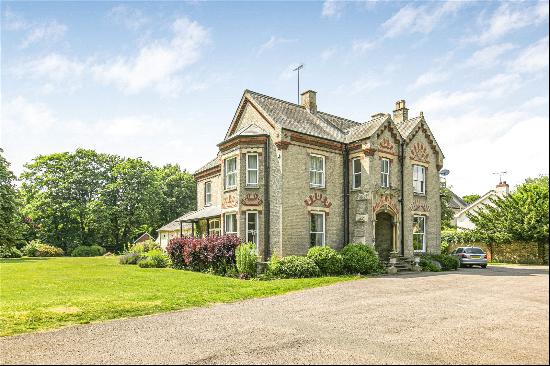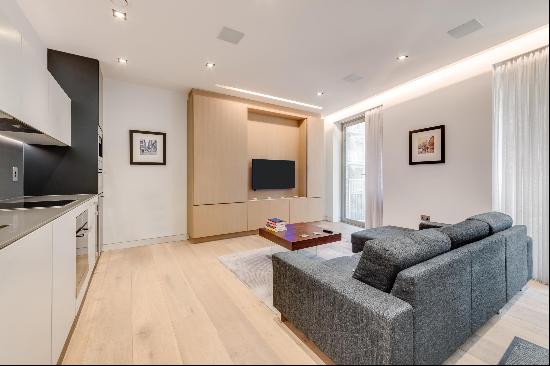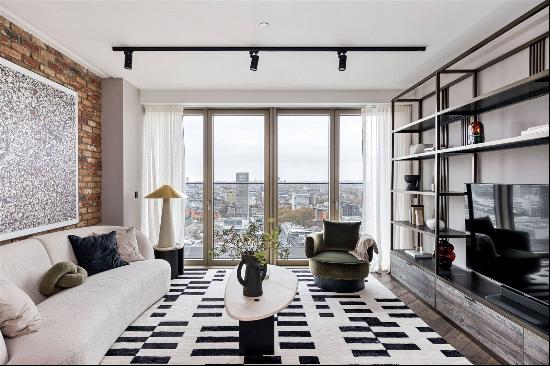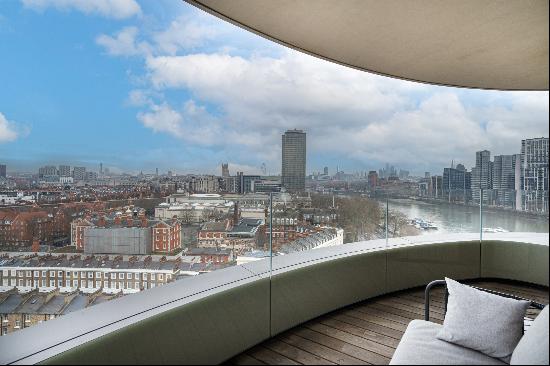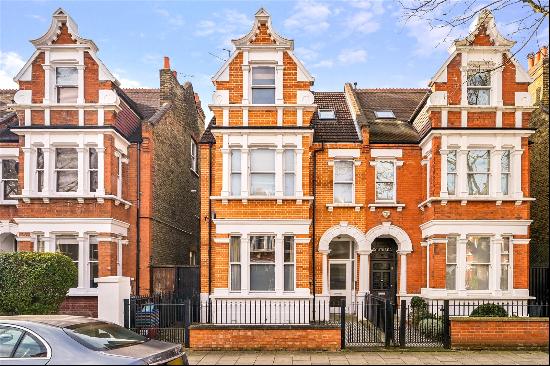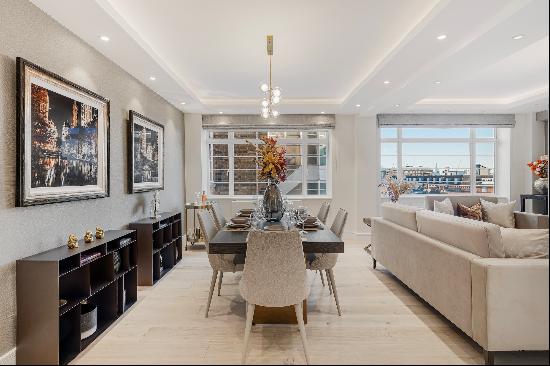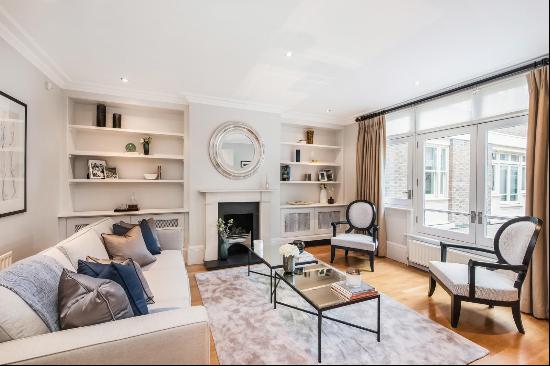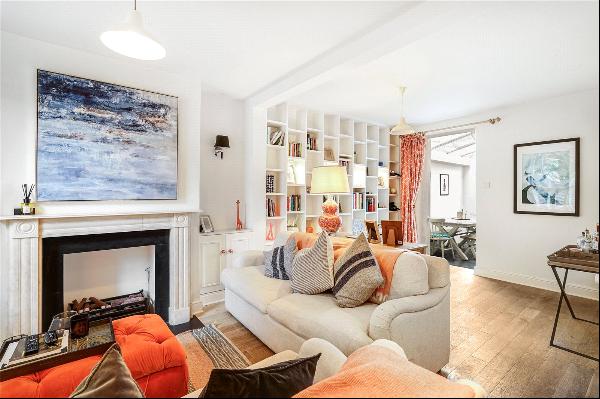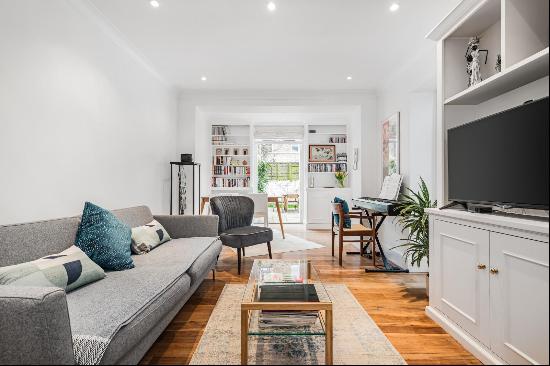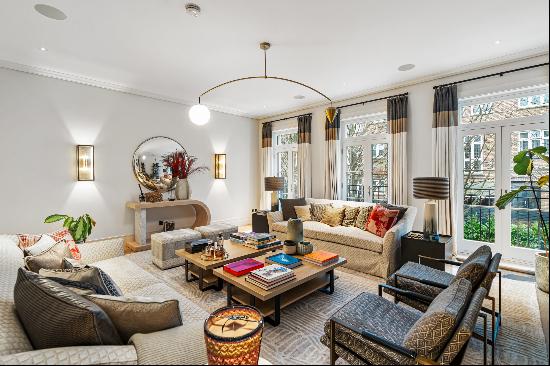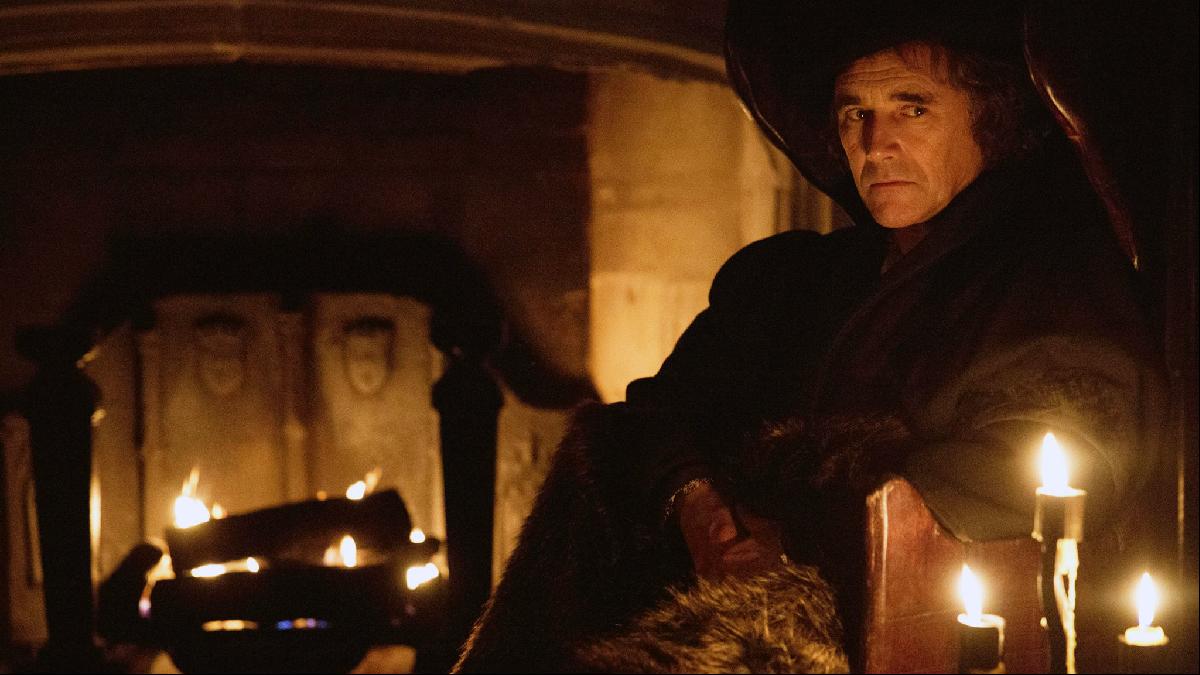
By Caroline Thorpe
I am in Thomas Cromwell’s house at Austin Friars in the City of London. It is the property as described in Hilary Mantel’s Wolf Hall, when her protagonist is firmly in the ascendant. Crammed full of gloomy news as we all are, I am not interested in the place as it is in her later novels about Cromwell, when the arch-fixer’s sure-footed rise from lowborn Putney boy to Henry VIII’s chief adviser falters.
Mantel has furnished me with velvet armchairs and a roaring fire, a desk messy with candle wax; for extra warmth there is a fine woollen blanket shipped from Antwerp and bought at a keen price. Marlinspike the cat, a kitten still, sleeps on my shoulder.

This is a comfortable home. His younger years roaming Europe as a mercenary and apprentice have given Cromwell (played by Mark Rylance in the 2015 BBC adaptation, Wolf Hall, main picture) an eye for the good stuff. And besides, his home must reflect his ever-improving station in life, a fresh fixture or fitting for every accumulation of power and influence. I stare at Holbein’s portrait of Cromwell, hung behind the desk, his calculating features flecked by firelight.
Best of all, there is no shortage of company or gossip, and none of it, thankfully, on an electronic screen. To embed yourself in the house at Austin Friars is to feel at the centre of it all; what London life could be like unimpeded by a pandemic.
The mercantile women of the house — Cromwell’s in-laws and nieces — offer up nuggets from the markets; who is buying the best jewels, what the City’s wives have to say about the king’s divorce from Catherine of Aragon. They talk in yards and ounces, provenance and profits for the making, filleting the words for value with conviviality.
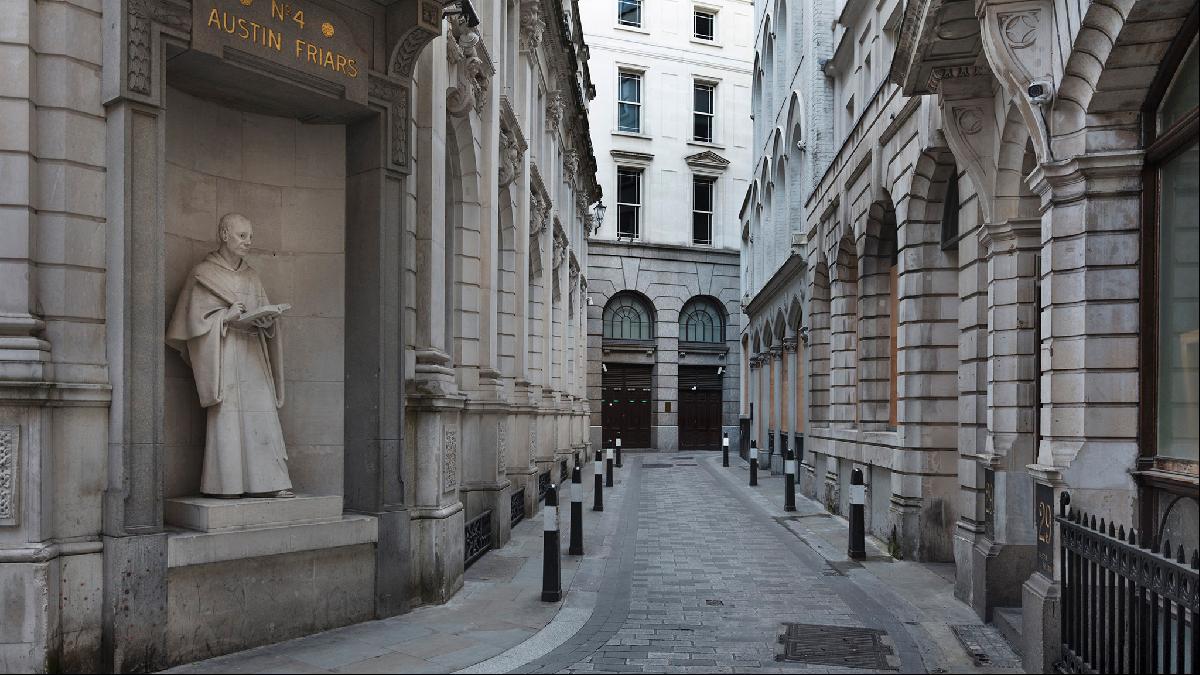
Meanwhile, the clerks’ rooms are busy with royal business. Chapuys, the Holy Roman Emperor’s ambassador and a neighbour, is visiting and tonight Italian merchants will dine at the house, leaving, explains Mantel, “drained of market information”.
They will also exit well fed. Thurston, the cook, is another reason I am here, my antidote to lockdown’s endless task, the production of meals for my household. When I am not eating “fat brambles with yellow cream” from his kitchen I am dreaming about them, or enjoying the scent of spiced wafers being churned out by the dozen.

Cromwell’s house, and the larger mansion he later built to replace it, is long gone, though I have often walked the narrow City street still bearing the Austin Friars name. The surrounding roads are laid out much as they were in Tudor times and I have felt the thrill of pacing the same thoroughfares as the characters in Mantel’s richly woven world.
To satisfy my Austin Friars craving with homes for sale today, this six-bedroom manor house in Buckinghamshire dates from medieval times, its present owners having recently unearthed bottles marked with the initials of Henry VIII and his sixth wife Catherine Parr. On the market for £3.5m, like Cromwell’s house it has a hall for feasting and inglenook fireplaces aplenty.

Meanwhile, I also propose a fudge (something Mantel’s Cromwell would have slipped past you with far greater skill). On the market for £3.75m, this three-bedroom City flat, roughly half a mile from Austin Friars, would offer Cromwell easy access to his networks. More than this, its panoramic views of London would augment his mental map of the city, allowing him to witness the lie of the land as never before as he plots and schemes 32 floors above street level. It is a situation I would happily settle for.
Photography: BBC/Company Productions Ltd; Getty Images; In Pictures via Getty Images; Savills; United Kingdom Sotheby’s International Realty



